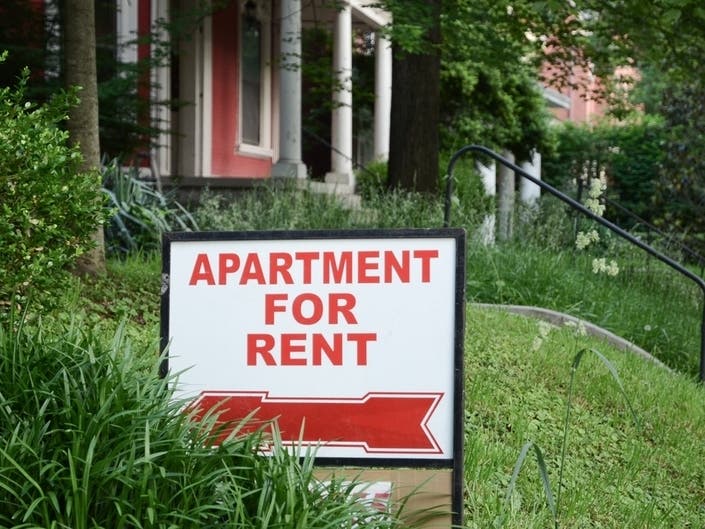Real Estate
Here's The Actual Wage Needed To Rent In Jefferson County
The National Low Income Housing Coalition published its annual "Out of Reach" report, finding that rental housing needs are worsening.

BIRMINGHAM, AL - There is no state in which the typical minimum-wage worker charting a 40-hour week can afford to rent a modest two-bedroom apartment. Furthermore, that same worker couldn’t afford a one-bedroom rental in 99 percent of counties in the United States. That’s according to an annual report published Tuesday by researchers at the National Low Income Housing Coalition, which looked at rental costs in counties and metro areas nationwide.
In Jefferson County, the hourly wage necessary to afford a two-bedroom rental at fair market rent is $16.79, more than the $14.92 needed to rent in the state overall and less than the national wage of $22.96.
Here’s the breakdown for Jefferson County:
Find out what's happening in Birminghamwith free, real-time updates from Patch.
- Cost of a two-bedroom apartment: $873
- Yearly income needed to afford a two-bedroom apartment: $34,920
- Number of full-time jobs at minimum wage needed to afford a two-bedroom rental: 2.3
At the national level, renters earning the federal minimum wage of $7.25 an hour fall far short of the hourly income needed to live in a two-bedroom home — $15.71 an hour, to be exact. To afford even a one-bedroom, they would need to earn more than $5 an hour more.
But that struggle isn’t limited to low-wage workers.
Find out what's happening in Birminghamwith free, real-time updates from Patch.
The average hourly wage for American renters also falls short by $5.39 an hour for a two-bedroom and $1.08 for a one-bedroom.
“As a result, an average renter must work 52 hours per week to afford a modest two-bedroom apartment of his or her own, a challenging task that is even more difficult for a single parent of a young child or a person with a disability,” the report said.
The report blamed low wages, wage gaps, inequality along racial lines and a severe shortage of affordable and available rentals as reasons that too many Americans struggle to put a roof over their heads. These reasons are also why on average a renter making the federal minimum wage would have to work 127 hours every single week to afford a two-bedroom rental and 103 hours a week to afford a one-bedroom.
Rental housing needs “worsened considerably” over the last three decades and left housing “out of reach” for millions of low-wage workers, Diane Yentel, president and CEO of the organization, said in a news release. The deteriorating situation has gained the attention of lawmakers though, she said, with “big, bold bills” introduced and 2020 presidential candidates addressing it at campaign events.
“We now have a tremendous opportunity to implement federal housing policy solutions to fund affordable housing programs at the scale necessary,” said Yentel.
The wage needed to afford a two-bedroom rental was highest in Hawaii, California and Massachusetts, at $36.82, $34.69 and $33.81, respectively. It was lowest in Arkansas, West Virginia and Mississippi, at $14.26, $14.27, and $14.43, respectively.
But that hides the reality many renters see in major metro areas, such as San Francisco, where renters need to make nearly $61 an hour to be able to afford a two-bedroom apartment. That’s roughly $122,000 a year, laughably out of reach for many. California was home to seven of the 10 priciest metro areas in the country and nine of the 10 costliest counties.
The housing wage was based on fair market rents provided by the federal Department of Housing and Urban Development, which are the agency’s best estimate of what families can currently expect to pay for a modest rental home. It does not reflect what all current renters are paying on average, rather the number is typically the 40th percentile of rents that a family can be expected to pay.
Patch national staffer Dan Hampton contributed to this report.
Get more local news delivered straight to your inbox. Sign up for free Patch newsletters and alerts.